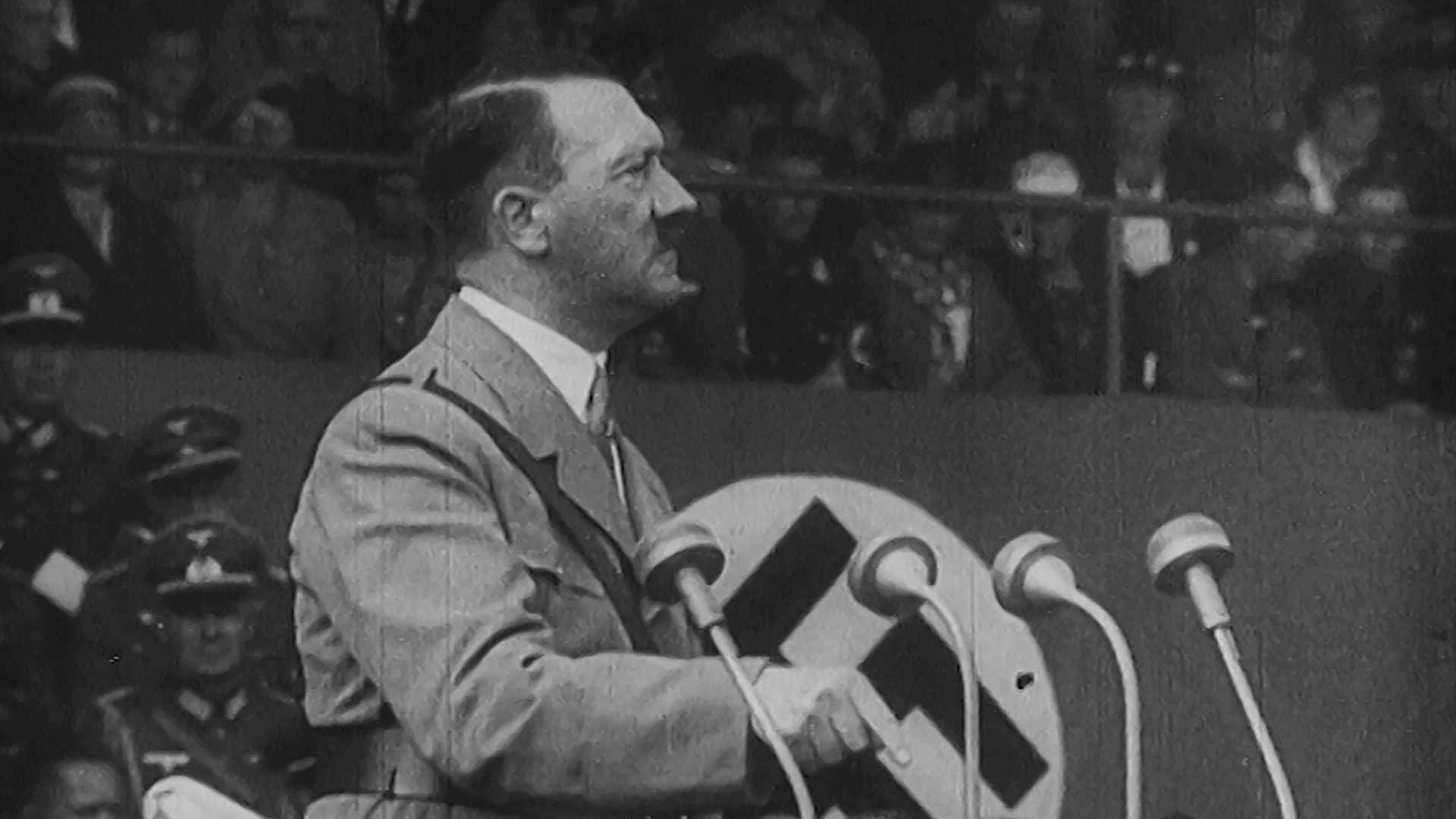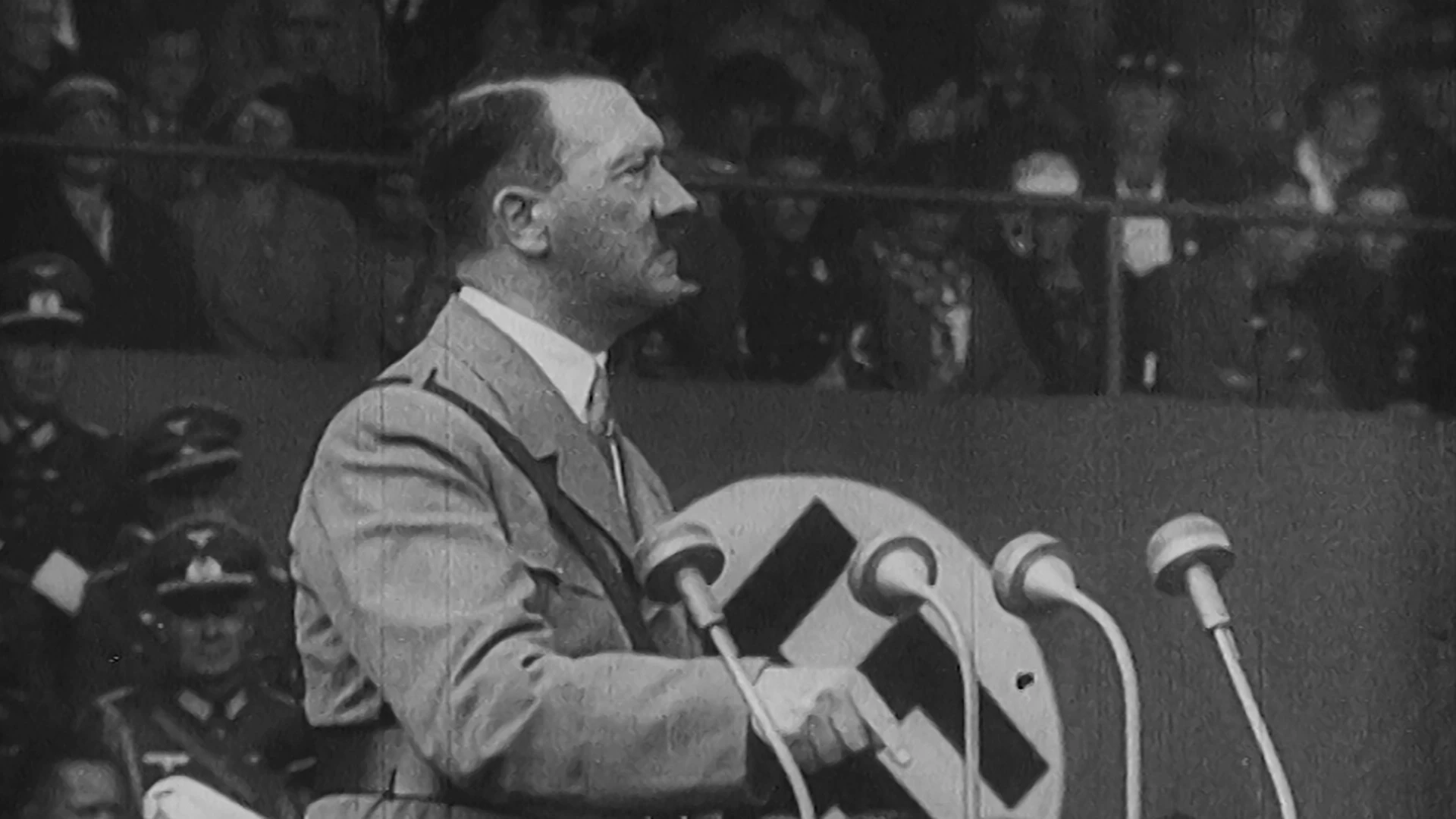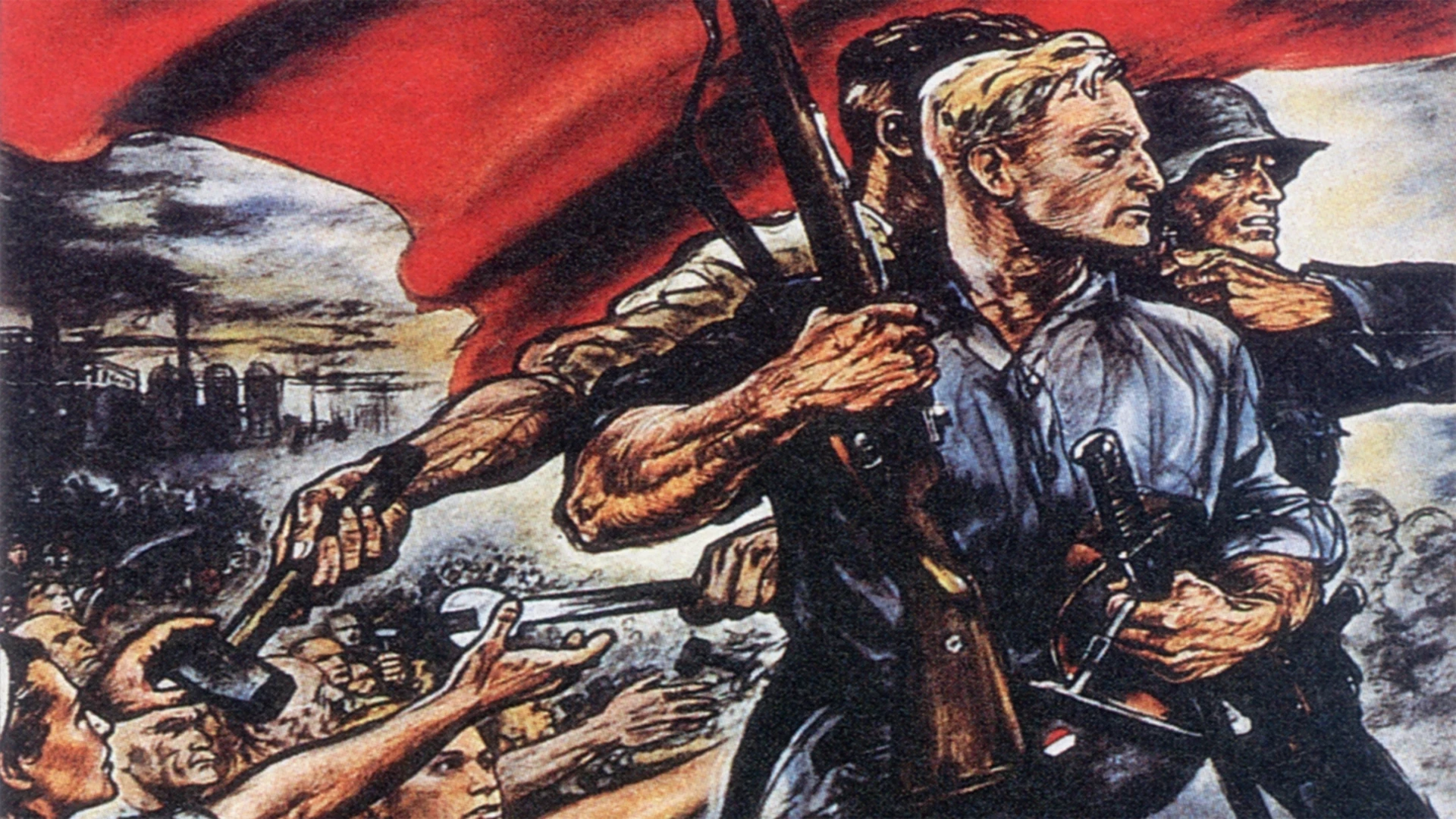20. Jahrhundert: 1914-1945 | Versailler Vertrag
Weimar Constitution
"The essence of our constitution should be, above all, freedom" – the new Reich President Friedrich Ebert wants the new democracy to grant equal rights to all citizens. For example, women are now allowed to vote for the first time. The constituent National Assembly convenes in Weimar in 1919. Germany’s colors are now black, red and gold. Unlike in the German Empire, the Reichstag alone exercises legislative power. Like Parliament, the Reich President is elected by the people. He is given a great deal of power. He appoints, for example, the Reich Chancellor. This becomes the nail in the coffin for the Weimar Republic when Reich President Hindenburg appoints Adolf Hitler as Reich Chancellor in 1933.
mehr
weniger
Elections, State Parliaments, party, parties, Women's suffrage, SPD, Centre Party, German Democratic Party, DDP, Marie Juchacz, Reichs President, government, Friedrich Ebert, Weimar coalition, parliamentary democracy, civil rights, equality of men and women, Reichstag, Parliament, Republic, Annette Schücking-Homeyer, Paul von Hindenburg, commander-in-chief, emergency decrees, minority government
Geeignet für die Fächer:
Geschichte


